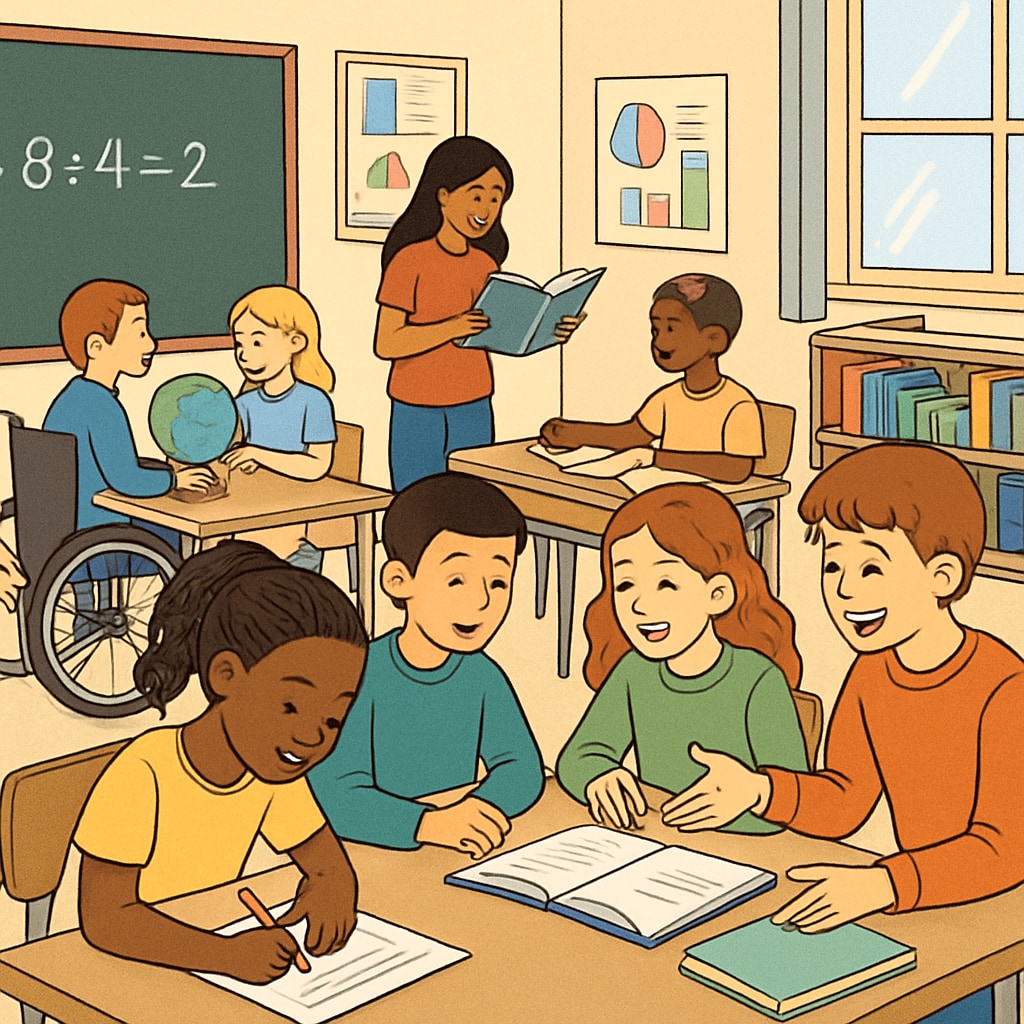The use of the “genius” label in education systems has long been a contentious issue. While it might seem like a compliment, this tag often imposes unrealistic expectations and psychological pressure on the labeled students. Simultaneously, it can breed self-doubt and frustration among their peers who feel excluded from such recognition. This article will examine the harmful consequences of labeling students as “geniuses” and propose why a more holistic approach to education is essential for fostering every child’s growth.

The Double-Edged Sword of the “Genius” Label
Labeling a student as a “genius” might seem like a recognition of exceptional talent, but it is often accompanied by unintended consequences. For the student being labeled, this tag frequently creates immense psychological pressure. Parents, teachers, and even peers may place heightened expectations on them, demanding constant excellence in all areas. This can lead to anxiety, fear of failure, and even burnout. In some cases, students may develop impostor syndrome, feeling they are inadequate despite their achievements.
On the other hand, the “genius” label can negatively impact other students who are not deemed worthy of such recognition. They may experience feelings of inferiority or frustration, which can hinder their academic motivation. The emphasis on fixed labels rather than individual progress creates an unhealthy competitive environment, where students view themselves through the lens of comparison rather than personal growth.
Why Labels Undermine the Growth Mindset
One of the most significant drawbacks of educational labels like “genius” is their incompatibility with the growth mindset—a psychological framework that emphasizes effort and persistence over innate ability. When students are defined by static descriptors, it discourages them from embracing challenges or learning from mistakes. Instead, they may fear failure, believing that their intelligence or worth is fixed and limited.
Renowned psychologist Carol Dweck, in her research on mindset, found that students who adopt a growth mindset are more likely to thrive academically and emotionally. They view their abilities as malleable and their challenges as opportunities to grow. In contrast, those labeled as “genius” may resist stepping out of their comfort zones, fearing that failure could tarnish their reputation.

Building an Inclusive and Encouraging Education System
To address the pitfalls of labels in education, schools and educators must shift their focus from categorizing students to nurturing their individual strengths and potential. Here are some actionable steps:
- Adopt a Growth Mindset Curriculum: Teach students that intelligence and abilities can be developed through effort and resilience.
- Focus on Individual Progress: Celebrate each student’s improvements rather than comparing them to a predefined standard.
- Encourage Collaboration Over Competition: Promote group activities that highlight teamwork and collective problem-solving rather than solo achievements.
- Provide Mental Health Support: Offer counseling and resources to help students navigate academic pressure and build emotional resilience.
By creating an environment where all students feel valued, educators can foster a culture of inclusivity and growth. This approach not only benefits students academically but also prepares them to face real-world challenges with confidence and adaptability.
Conclusion: Moving Beyond Labels
The “genius” label in education may seem harmless, but its ramifications are far-reaching. It places undue pressure on those who receive it while alienating others who are left out. Education systems should move away from simplistic tags and instead emphasize the importance of effort, resilience, and personal growth. By nurturing each child’s unique potential, we can create a more balanced and empowering learning environment.
As educators, parents, and policymakers, it is our responsibility to rethink how we define success and achievement in schools. Labels should not dictate a child’s future; their journey of growth should.
Readability guidance: Use concise paragraphs and lists to summarize ideas. Incorporate transitions like “however” and “in addition” for flow. Minimize long sentences and passive voice.


